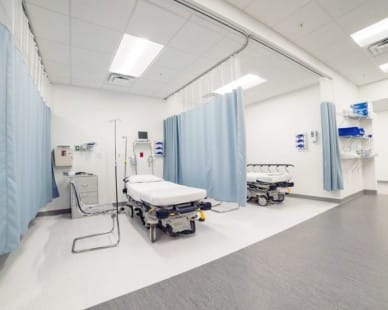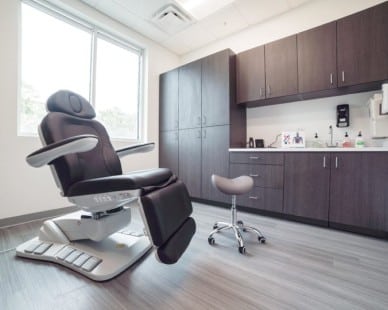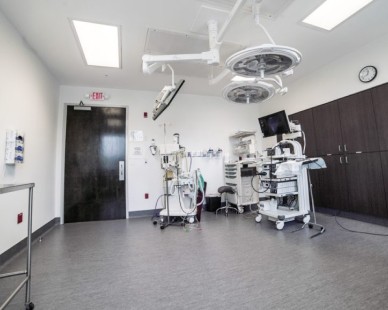All Procedures
Visit IBI HealthCare Centers
IBI Healthcare Institute offers high-quality unprecedented healthcare services through its 360-degree approach to patient care. The suite of services includes full-service weight loss clinics offering non-surgical procedures and weight loss surgery, a same-day surgery center, and Surgicare Arts & Aesthetics in Georgia and Florida.
Explore our website to learn more about our comprehensive services, procedure costs, and flexible financing options to make an appointment to start your journey towards a healthier, and happier you.








